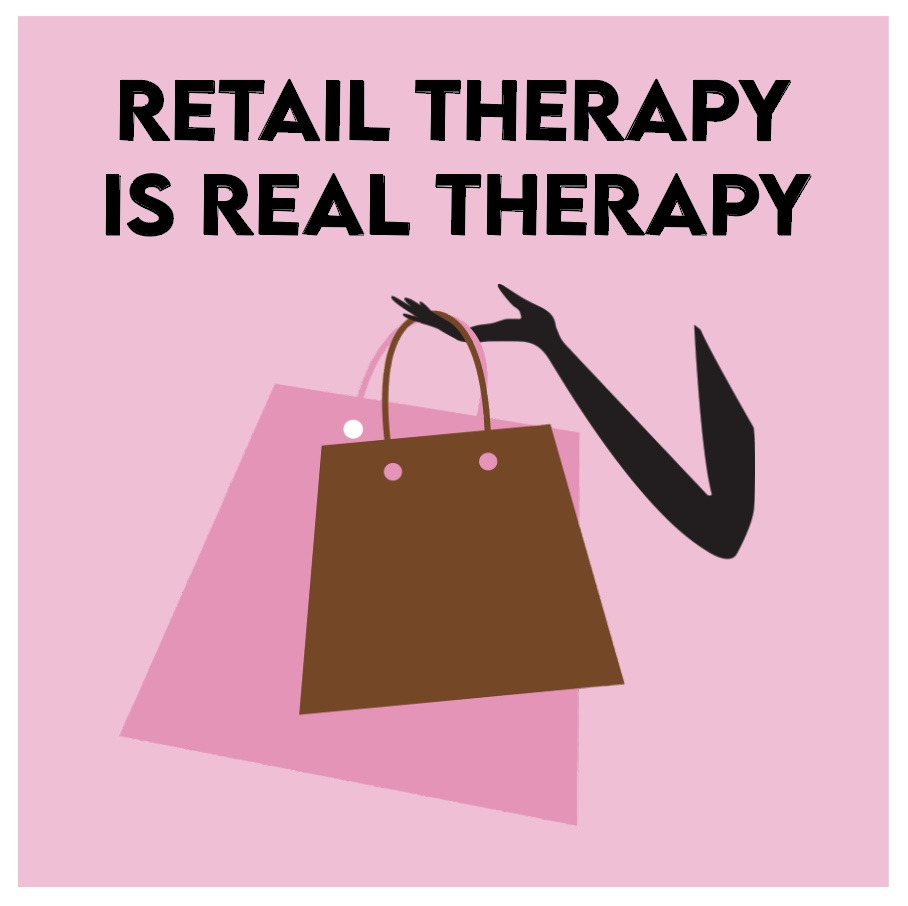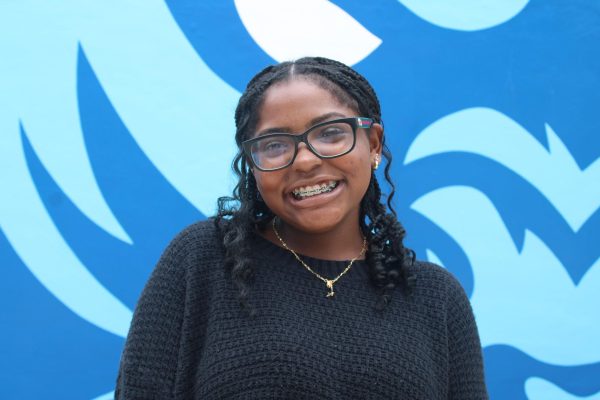When allegations of sex trafficking, abuse and overall heinous actions against women emerged against Sean “Diddy” Combs, the public reaction highlighted a disturbing and tenacious reality: violence against women is still not taken seriously. Instead of bringing awareness or holding individuals accountable, the discourse was quickly consumed by jokes, dismissive comments and defensive reactions. Most vacant responses on media and social platforms reflect a broader cultural problem — where ferocity against anybody is downplayed, trivialized or even defended when a beloved icon is involved.
The charges against Diddy, which resurfaced starting in May 2024, involve accusations of domestic violence made by his former partner. Cassandra Ventura, better known as the singer Cassie, filed a civil suit alleging that Combs spent years emotionally and physically abusing her, subjecting her to human trafficking, coercion — even raping her. During the trial, public reactions were swift and polarizing. Some rallied to defend the music star, focusing on his career achievements rather than the allegations themselves. Others expressed disbelief at the claims, framing them as an attempt to tarnish his reputation.
These responses are not unique to Diddy’s case. They mirror public reactions seen in other instances where powerful men are accused of abuse. As social progressivism gains momentum, many believe men — specifically Black men — are being framed for crimes due to their rising fame. Jonathan Majors, known for his role as Kang in Marvel’s “Ant-Man,” was fired from the studio following an ex-girlfriend’s allegations of physical abuse, which were later proven false. With this, the speed at which the narrative shifts from concern for the victim to the protection of the accused highlights a larger societal issue: a reluctance to believe women, particularly when it threatens the legacy of a popular public figure.
Mainstream media has played a key role in influencing public perception of the Diddy case, often downplaying the severity of the allegations. Headlines from major outlets emphasize his accomplishments, with phrases like “Diddy faces controversy” or “Allegations arise against music stars,” which softens the gravity of the situation. Despite recent developments, such as law enforcement searching his mansion and reports of him being placed on suicide watch, media coverage continues to uphold these serious accusations as inconveniences rather than matters deserving thoughtful conversation.
Social media, in particular, has become a platform where harmful narratives around violence inflicted on innocent victims continue to thrive — within hours of the claims going public, memes, jokes and dismissive comments circulated. On platforms like TikTok and X (formally known as Twitter), users associated the Combs case with a boogeyman scenario. They suggested the victims were part of a financial scheme: statements like, “Diddy is coming for you” and “Why are they trying to bring him down now?” echo sentiments that minimize the experiences of women who come forward with allegations of abuse and violations of their rights.
Television outlets and traditional social platforms have amplified such downplaying with a stream of ridicule, including the popular “Diddy Party” jokes — referencing the notorious parties Combs organized where most of the crimes occurred. These attempts at comedic relief amongst net users trivialize the situation, focusing on the absurdity of the measures Combs took to throw such gatherings rather than the serious allegations at hand. This content shifts the public’s focus away from charges, reducing the case to a punchline and minimizing the impact.
The reaction to the Diddy case reveals that despite years of advocacy and awareness, violence against women is still not treated with the seriousness it deserves.
As Diddy serves time for his crimes, the conversation about the importance of prioritizing empathy and overstanding fandom and loyalty to celebrities is evident. This means listening to victims and pushing back narratives that seek to protect those in power at the expense of the vulnerable. These situations call for a cultural shift — one that holds abusers and criminals accountable and ensures survivors are heard, believed and supported. Then, the hope of beginning to address the deep-rooted issues that allow brutality to be dismissed as another joke.





